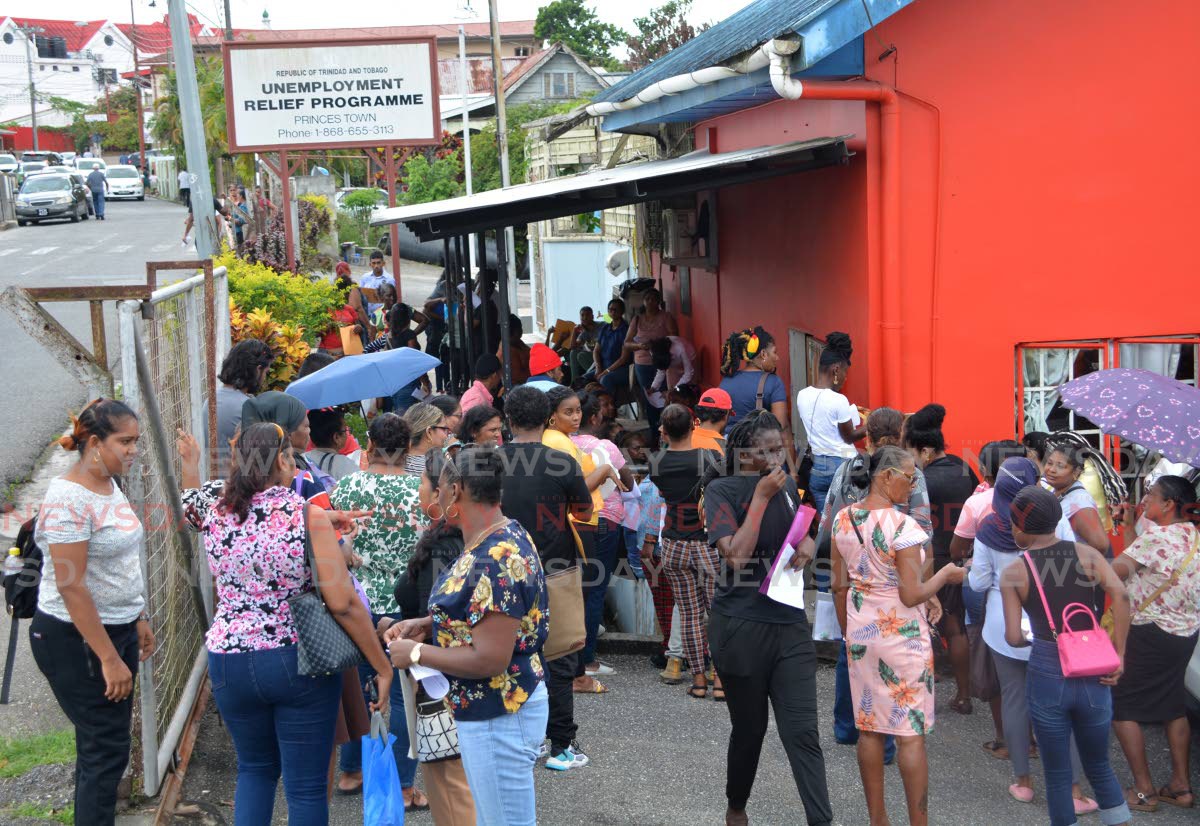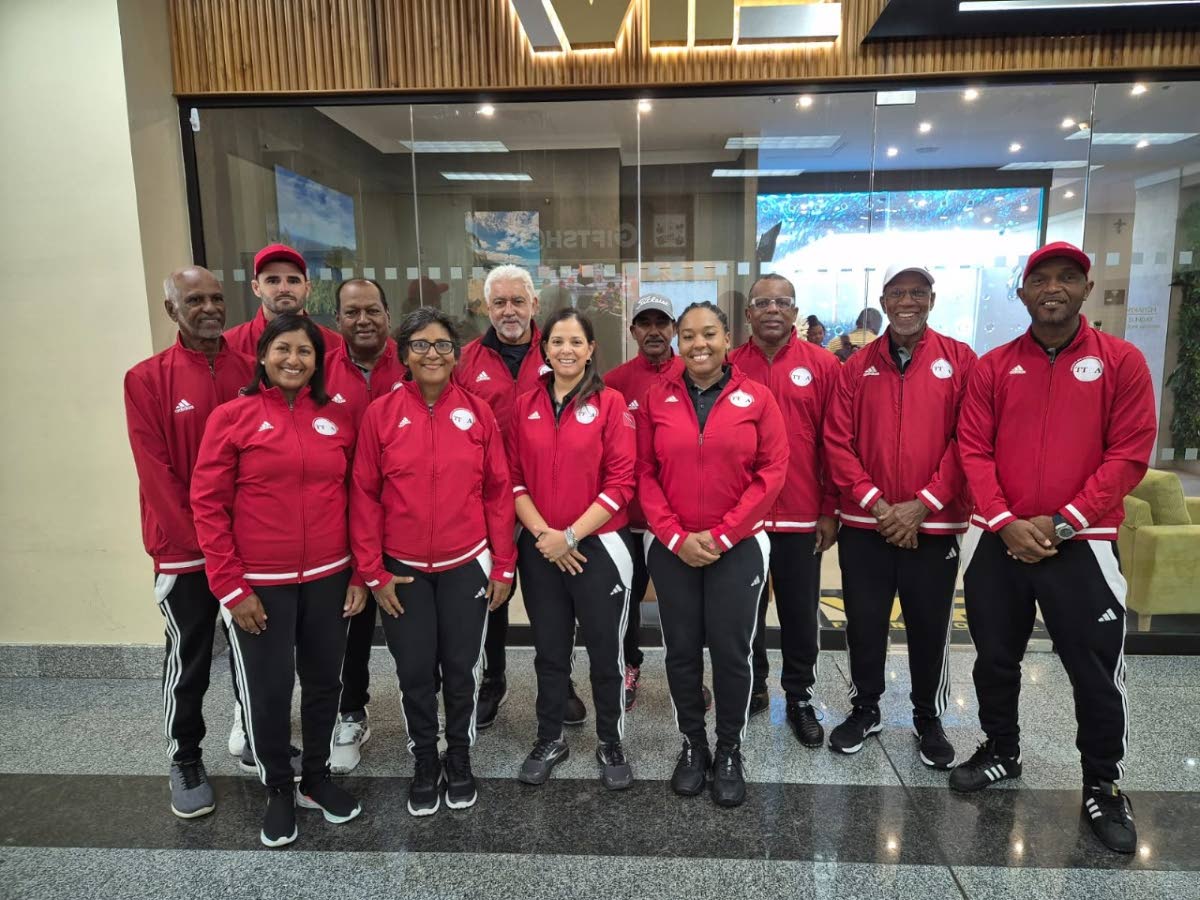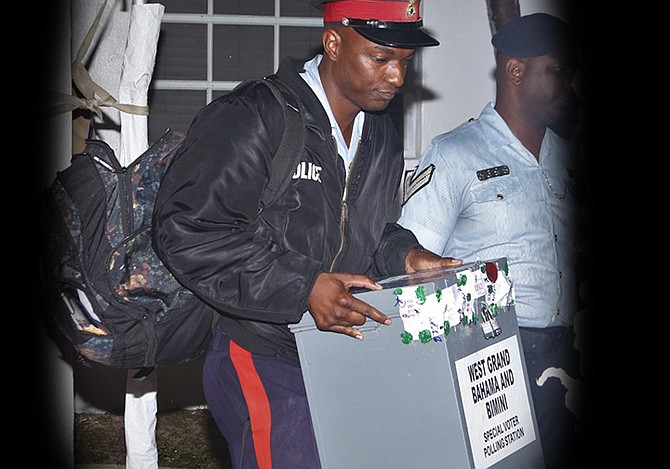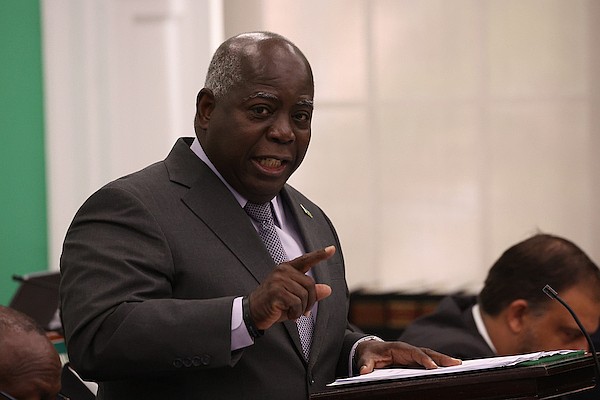Tobago’s tourism industry, a cornerstone of Trinidad and Tobago’s economic diversification strategy, is grappling with unprecedented challenges. A combination of new taxes, a prolonged state of emergency, and escalating regional tensions following US military actions has severely impacted the sector. Hotel occupancy rates in Tobago have plummeted by nearly 40% ahead of the Christmas season, according to Reginald Mac Lean, President of the Tobago Hotel and Tourism Association (THTA).
Mac Lean highlighted that the state of emergency declared on December 30, 2024, coupled with recent geopolitical developments, has led to significant financial losses for the industry. He acknowledged the government’s efforts to address crime but noted that the current measures have had a detrimental effect on tourism. Businesses across the board, including hotels, guest houses, restaurants, and tour operators, are feeling the strain.
The situation is further exacerbated by a 100% increase in duties on alcohol, which has led to substantial price hikes. This has particularly affected all-inclusive packages, making it difficult for Tobago to compete with other Caribbean destinations. Dianne Joseph, President of the TT Coalition of Services Industries (TTCSI), emphasized the broader psychological impact of global instability on international travel, which is crucial for Tobago’s tourism.
Despite these challenges, there are glimmers of hope. Barry Bidaisee, Director of the Tourism Industry Association of TT, reported that Trinidad is experiencing more promising activity for the upcoming Christmas and Carnival season. He also welcomed the government’s plans to reopen the Hotel School in Chaguaramas and develop sports tourism, which could provide new opportunities for growth.
Both Mac Lean and Joseph stressed the importance of resilience and strategic adaptation to navigate these turbulent times. They believe that by leveraging Tobago’s unique cultural assets and fostering collaboration, the industry can overcome current adversities and continue to thrive.









